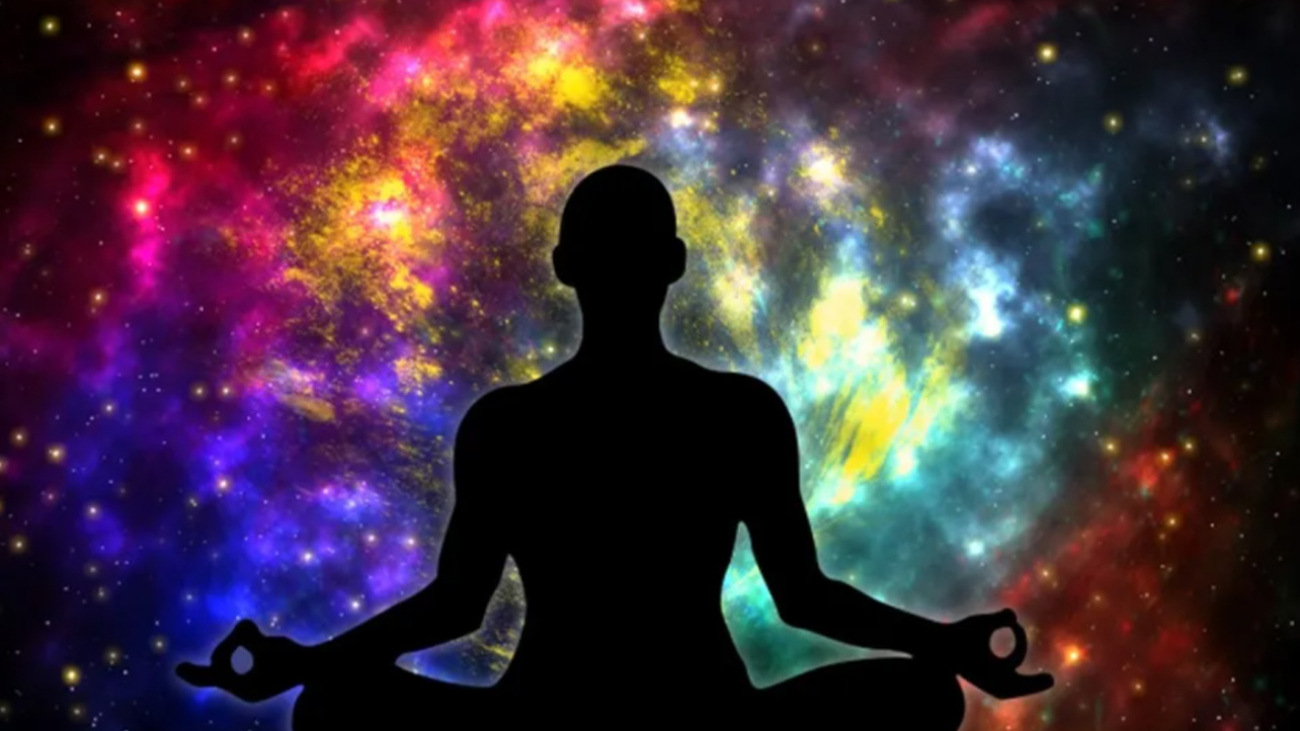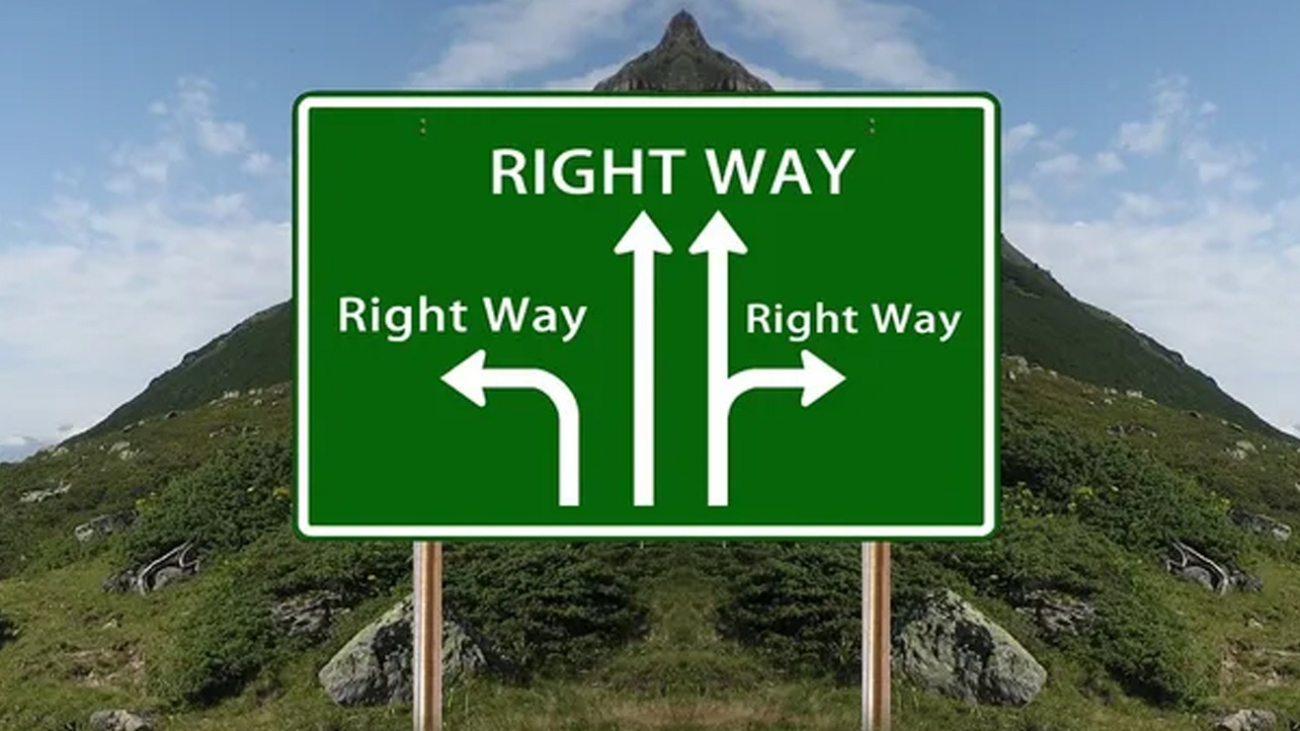If the word “mindfulness” conjures up thoughts of sitting in silence with mind empty, then you’re on the right track. Meditation can quiet the mind’s chatter, relegate the mind’s stream of consciousness to an attachment-free film strip, and deepen insight. Whether you use breathing techniques, mantras, movements, or guides in your practice, meditation brings about a profound sense of peace, relaxation, and the gift of connection. Yes, mindfulness is closely related with meditation.
“Mindfulness and meditation embody many similarities and can overlap, but the terms are not exactly interchangeable.”
–chopra.com
There is, however, another type of mindfulness of which I write. Self-awareness. Not to be confused with self-absorption or egocentrism nor any form of negative selfishness, self-awareness is being attuned to your thoughts, feelings, and actions–knowing what you experience internally and do at any given moment. This is not a trick! Every human being has the innate ability to tune in introspectively. Yet, not all do.
Many people are not self-aware, not present to their own experiences. Mindlessness is pervasive. It is attending to every little thing or nothing with a blank mind or being overwhelmed with mental prattling. If you have ever driven somewhere and could not remember the drive, then you were mindless. This has happened with me and I am thankful that I didn’t hurt myself or anyone else. If you have ever been told that you said or did something yet did not recall doing so, then you were mindless at that time too. Andy Bernay-Roman called mindlessness a trance state in The Mind/Body Connection.
“…in the trance state, “vegging” out and living unconsciously, the brain disengages from the senses and tunes into its own archive, the past. So today’s reactions are fueled by yesterday’s experiences. Which can be problematic, obviously. As with “choosing well,” the past need not control today’s decisions.”
–Glen Alex, Living In Total Health
Let me share my personal experience. My life’s work is about health because I believe healthy people—physically, mentally, emotionally, and spiritually—are more loving, more genuine, and less likely to intentionally harm self or others. It all began in childhood with boundaries. I was so enthralled by the nuance of interaction and took keen mental notes of when people smiled, when they cringed, and when emotional pain consumed their faces.
Boundaries came more into play as a teenager. The youngest of 10, I realized that healthy boundaries are crucial for personal health, wellbeing, and relationships, and learned to say “no” after experiencing mounting frustration from being taken advantage of by elders. I moved from watching to learning to experiencing to teaching matters of health.
During my health journey, I made conscious decisions about how I want to be treated and how I would treat others. Just saying so wasn’t enough, however. We all have said we would do something and it never materialized. Affirmative action required to meet the stated goal was missing. In order to live up to my personal commandments, I programmed myself to be aware of when I fell off my behavioral wagon.
It was a bit rough in the beginning, as I had to walk on awareness eggshells until the habit formed. When it did, by my late teens, I could pretty much recall words and phrases and actions that I delivered, in pretty much any situation. The level of self-awareness I carry daily is high, which requires a lot of energy. And totally worth the personal cost because being authentic and responsible and positively impacting humanity are external manifestations of my Personal Truth, my purpose.
Side note – my self-imposed self-awareness elevated my kinesthetic awareness as well. Not only am I aware of what my body is doing in space, I’m also attuned to what it is doing internally. During the initial visit with my new dentist at the time, I told him about my symptoms and treatments and responses and timelines in such a way that he called me a “genius” because of my connectedness to my existence.
My call to you is to take this one of many opportunities that the global health crisis offers to grow, ignoring all the political agendas. You can become mindful. Allow unhealthy and useless habits to fall away. Touching your face with dirty hands, quick wipe downs, no wipe down, saving time by not washing hands, sneezing and coughing openly are automatic behaviors that need to be laid to rest now and quite frankly should’ve been eons ago. For your own health. For the health of those around you.
Every challenge is married to the opportunity for personal growth. Seize this moment to start living consciously, mindfully. Eliminate automatic thoughts, feelings, and behaviors that endanger your health and that of those you love. Your past is not your present and need not control your choices. Mindful self-awareness puts you in charge of what you think, feel, and do. Reprogram yourself to become more self-aware. The benefits will extend beyond this crisis.
Humanity needs you to be mindful. Now is that time.
Glen Alex, LCSW, Author of Living In Total Health, Health Skills Coach, Speaker
Need assistance coping with boundaries, stress, relationships, or recovering from a setback?
Book your complimentary Discovery Call now: www.glenalex.as.me/schedule.php



